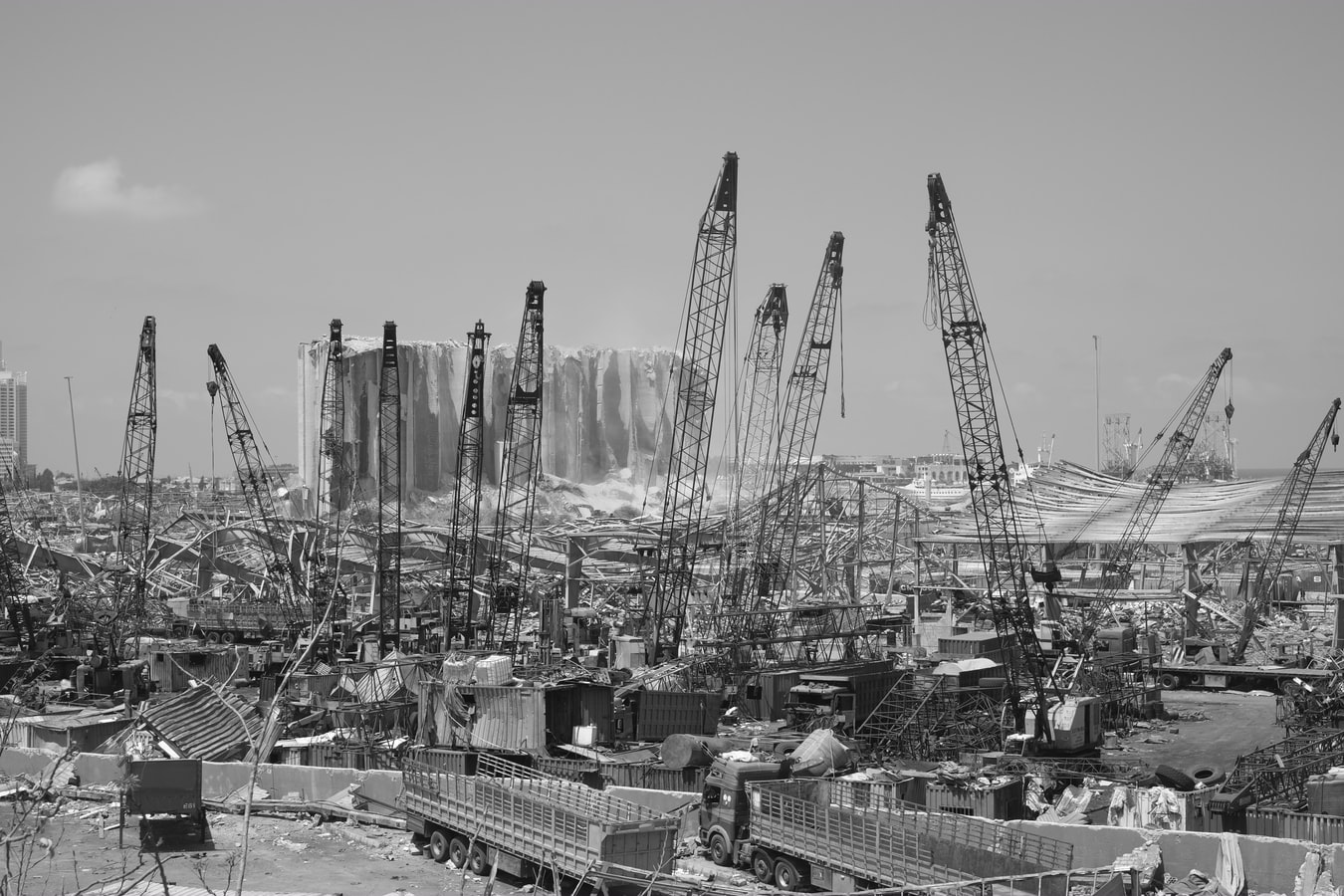 Building Beirut Back Better
Building Beirut Back Better
Statement commissioned by the International Society of City and Regional Planners
ISOCARP, the International Society of City and Regional Planners, was and remains strongly affected by the Beirut blast that occurred on August 4, 2020. ISOCARP Board wants to offer the families and friends their condolences for the dead people (190), as well as our sympathy to the wounded people (6,500), the homeless (300,000 inhabitants) and their families and friends.
ISOCARP wants also to express its deep solidarity with the population of Beirut and is impressed by the extraordinary capacity of the civil society, with the support of the army, the civil security and several institutions (Order of Architects and Engineers, Order of Lawyers, ICOMOS-Lebanon, universities, etc.) to act for quick recovery.
The blast destroyed the port, the adjacent neighbourhoods and severely impacted the area several kilometres around. 9 major hospitals, 49 healthcare centres, 178 public and private schools and 99 public buildings are affected. The architectural heritage is particularly impacted by the disaster. The first assessment of the destruction reveals 480 heritage buildings in which 85 are severely damaged, 370 are moderately damaged and only 25 have no structural problems. 70 heritage buildings require immediate intervention. Detailed analyses are in preparation by local heritage experts and ICOMOS.
The current situation is very complex due to the impact of the blast on public services, housing, mobility, logistics and security, as well as the difficulty of coordinating the large amount of initiatives (329 active entities) to support the affected population, avoid collapses of building and limit cupidity of several actors. The initiatives of the Directorate of Antiquities to prohibit any sale of heritage building and from the Directorate of Urban Planning to prohibit building permits in the most affected areas, witness the real concern of the public administration to preserve heritage and maintain the social pattern in these areas. The initiatives of the population, NGOs and professionals are impressive.
After the emergency measures to support the affected population, long-term urban rehabilitation is a top priority of the emergency programs of the international donors. There are high level technical capacities in Beirut to drive projects but most of the initiatives are sectoral and piecemeal, without a holistic, or global approach. Global coordination should be provided by the public administration, the international donors and NGOs.
The main challenge of the Beirut reconstruction is to build back better, based on participatory planning involving all relevant stakeholders and affected residents. This is an opportunity to recover with a better situation than before the disaster. In fact, the neighbourhoods were suffering from over-densification, lack of public spaces, lack of public facilities, and had poor support to preservation urban heritage. There were no municipal policies applied for upgrading the heritage and the public spaces, only limited actions, despite of several international co-operations to support the Municipality of Beirut and its suburbs. The post disaster reconstruction is a clear opportunity to follow the principles of the International Guidelines of Urban and Territorial Planning of UN-Habitat, and make these neighbourhoods more inclusive, sustainable, safe and resilient.
In that context, ISOCARP is very pleased to offer the capacities of its city and regional planners to support the Lebanese authorities, professionals and the population in their effort of post-disaster reconstruction. There are several possibilities to join the efforts through: remote support; on-site workshops (UPATs); sharing reconstruction experiences from other part of the world; webinars; workshops; conferences; documentation; and, providing technical support through ISOCARP Institute.
ISOCARP is convinced that top international urban planning expertise should be part of the reconstruction effort and that the benefits of this effort should be aimed beyond the affected area. The reconstruction of the Beirut port area with international input is an opportunity to demonstrate the 21st century urbanism par excellence and in this manner indicate a better future for the entire city of Beirut. Ultimately, this should assist in restoring the sense of pride and purpose in Lebanon at the national level.
This statement was co-authored by Eric Huybrechts, Dushko Bogunovich, and Frank D’hondt, and approved by the Board Members of the International Society of City and Regional Planners. The statement does not imply the expression of opinion on the part of ISOCARP as an association of individual and institutional members.
The Hague, September 2020